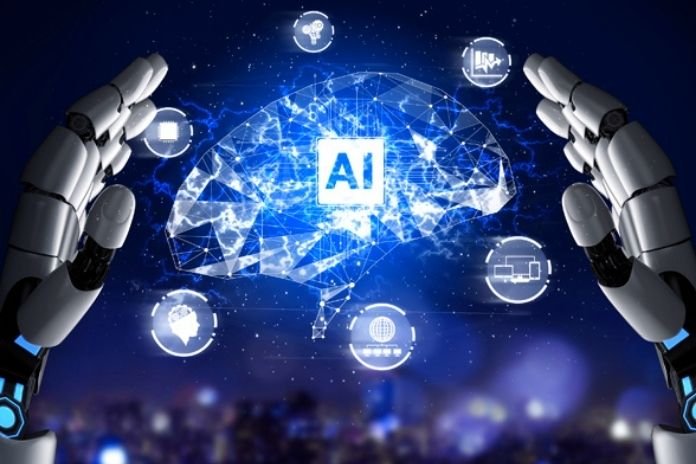Artificial intelligence is the big bet of the industry to take the results of several areas to another level. AI has gained more and more space in the segment, and according to a Google survey , the coronavirus pandemic may have accelerated the process. Some numbers prove the fact:
– 76% of manufacturers turned to digital enablers and disruptive technologies such as data analytics, cloud, and AI due to the pandemic;
– 64% trust AI more; and
– 25% already allocate half or more of their IT budget to AI.
It is not by chance that the use of artificial intelligence in the industry promises to have a significant impact, according to an IDC study, on the technology market.
Given the state of artificial intelligence in the country, still in its infancy, these numbers are a message. All signs point that the world is heading towards more significant investment in AI. Not following this movement, as we know, will further increase the distance between who is in front and who is behind.
There is nothing like looking at the international scenario to understand what we need. So, continuing to look to the global example, where and why are AI resources invested? What are the main challenges pioneers face on their journey? That’s what you’ll see in this article.
Where AI Is Being Used In Industry
In addition to increasing trust and investment in AI in the industry, the Google above search provides data on where the technology is always applied. There are five main fronts, which you will see below:
Quality Inspection
Artificial intelligence emerges as a solution for managers to have a complete and agile view of everything happening in real-time, allowing them to prevent rather than repair problems.
Through cameras, integration, and data storage from various devices, intelligent systems can offer precise and direct answers to problems detected in the production process.
Thus, the quality manager will have a complete overview of production at hand, being free to focus on directly solving the problems detected by the system, not worrying about their origin.
With quality management equipped with technology, by obtaining all recorded data and mapped processes, AI makes it easier to get quality certifications, such as ISO 9001.
Supply Chain Management
Using sensors and machine learning, it is possible to monitor operating conditions and obtain a predictive analysis of potential equipment failures – reducing repair costs.
In addition, transport and delivery systems become more efficient with artificial intelligence. Weather sensors, for example, send information to distribution centers, allowing for a more accurate prediction of delivery times and whether there will be delays due to any weather event.
Integration between those involved in the supply chain is another advantage. AI connects information from suppliers to customers. Supply chain managers will access data from the entire process and not from isolated areas, making their vision more strategic.
Risk Management
The industrial sector, like other segments, is subject to several risks. Both from a financial and worker safety point of view. In both cases, AI provides a more accurate assessment and reduces inconvenience.
First, it helps to promote quick access to information regarding the business and enables predictive actions to mitigate losses. In the second, the AI acts in dangerous activities instead of the human being.
Going further, sensors can be installed to detect levels of contamination in the air, and temperature, among other environmental conditions, and warn about possible risks to people’s health.
Quality Of Products Or Production Lines
The technology makes it possible to identify equipment failures, measure the productivity of machines and employees and raise the quality of products and the production process itself.
With technology working on data collection and identifying quality standard deviations, managers are free to make valuable decisions and find solutions for what the system informs in an agile and efficient way.
Inventory Management
AI offers information integration between suppliers and customers, making it possible to identify the exact quantities of goods on the shelves.
It is also possible to schedule automatic orders as soon as the system alerts product issues. Artificial intelligence detects the need to place new orders through sensors installed in stock and automatically informs the supplier. This ensures more predictability and efficiency in goods management and helps to reduce waste costs, in addition to reducing the chances of product shortages.
Also Read: Six Main Applications Of Artificial Intelligence In Companies
